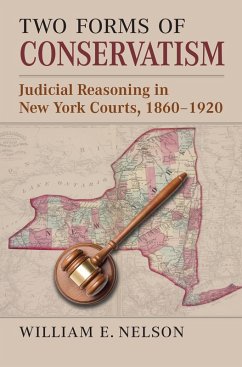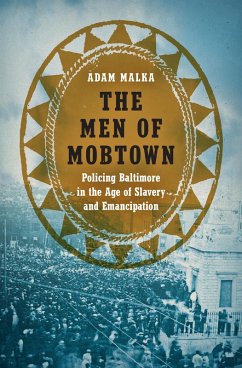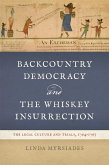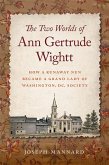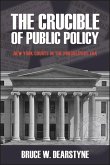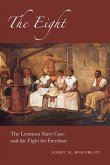The period between 1860 and 1920inclusive of the Gilded Age and much of the Lochner era in legal historyis typically regarded as the heyday of conservative jurisprudence. According to this received wisdom, conservative judges and much of the legal profession were on the side of big business and the rich. Judges in this period subscribed to classical legal thought, and it was only when this was supplanted by progressive legal thought that courts reached decisions critical of business.
Renowned legal historian William E. Nelson seeks to correct this narrative by examining in close detail the work of judges in the single jurisdiction of New York as well as the rulings of U.S. Supreme Court justices. What he finds is another type of conservatism besides the one that favors the rich. Instead, the judges in this period often reached decisions that were critical of business. Many of their accomplishments were forward-looking and progressive in character but conservative for another reason: they rigidly followed precedent, with only occasional exceptions. While some legal realists see the emphasis on precedent as a veneer to hide the judges' policy preferences, Nelson shows that this explanation does not fit the evidence. The judges had no consistent policy preferences, and their decisions favored a wide array of policies.
Two Forms of Conservatism is the work of an expert historian with an eye for detail and a deep understanding of legal thought. He shows that these New York judges, who were quite conservative regarding the law, nevertheless laid the foundation for the liberalism of later political leaders.
Renowned legal historian William E. Nelson seeks to correct this narrative by examining in close detail the work of judges in the single jurisdiction of New York as well as the rulings of U.S. Supreme Court justices. What he finds is another type of conservatism besides the one that favors the rich. Instead, the judges in this period often reached decisions that were critical of business. Many of their accomplishments were forward-looking and progressive in character but conservative for another reason: they rigidly followed precedent, with only occasional exceptions. While some legal realists see the emphasis on precedent as a veneer to hide the judges' policy preferences, Nelson shows that this explanation does not fit the evidence. The judges had no consistent policy preferences, and their decisions favored a wide array of policies.
Two Forms of Conservatism is the work of an expert historian with an eye for detail and a deep understanding of legal thought. He shows that these New York judges, who were quite conservative regarding the law, nevertheless laid the foundation for the liberalism of later political leaders.
Dieser Download kann aus rechtlichen Gründen nur mit Rechnungsadresse in A, D ausgeliefert werden.

